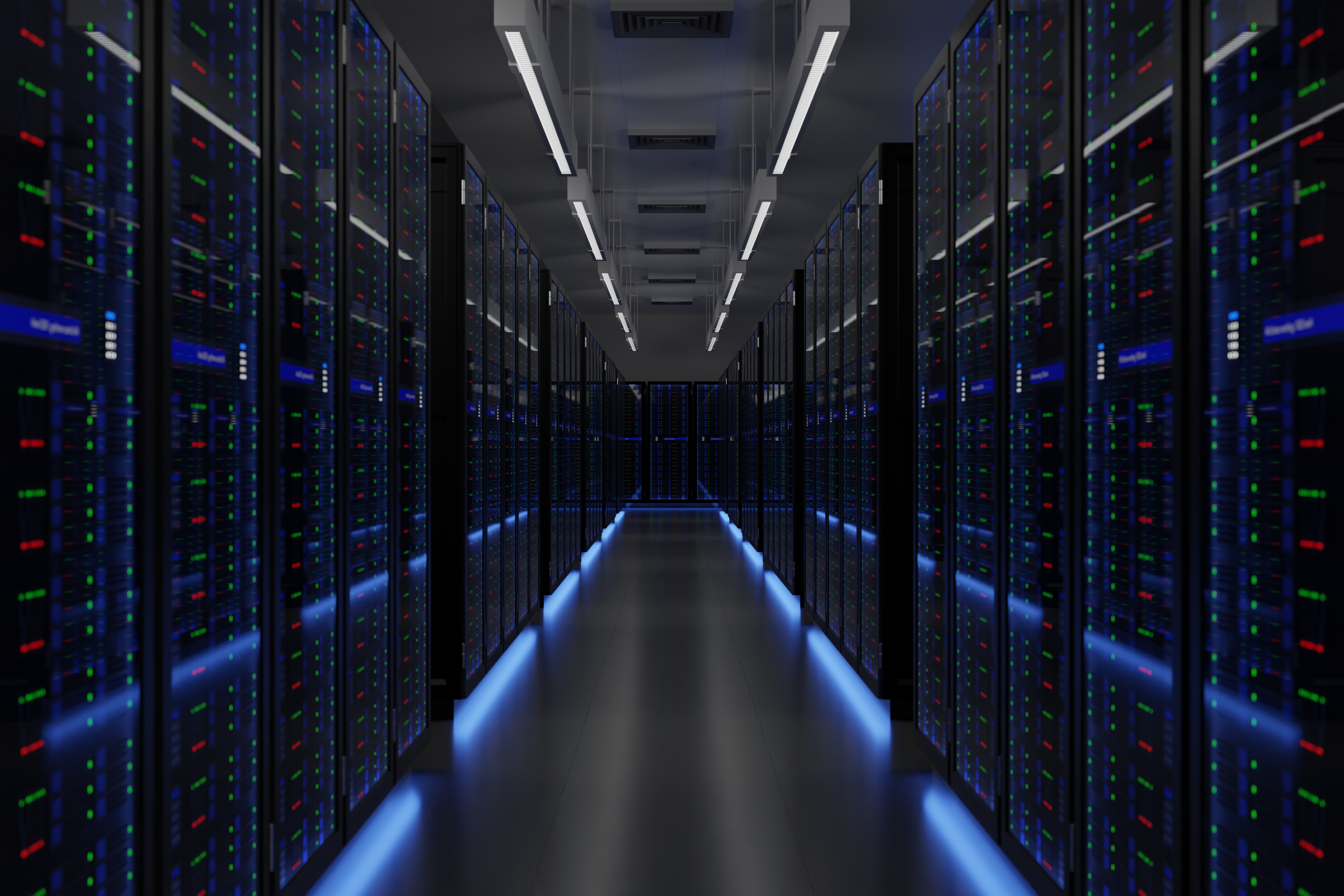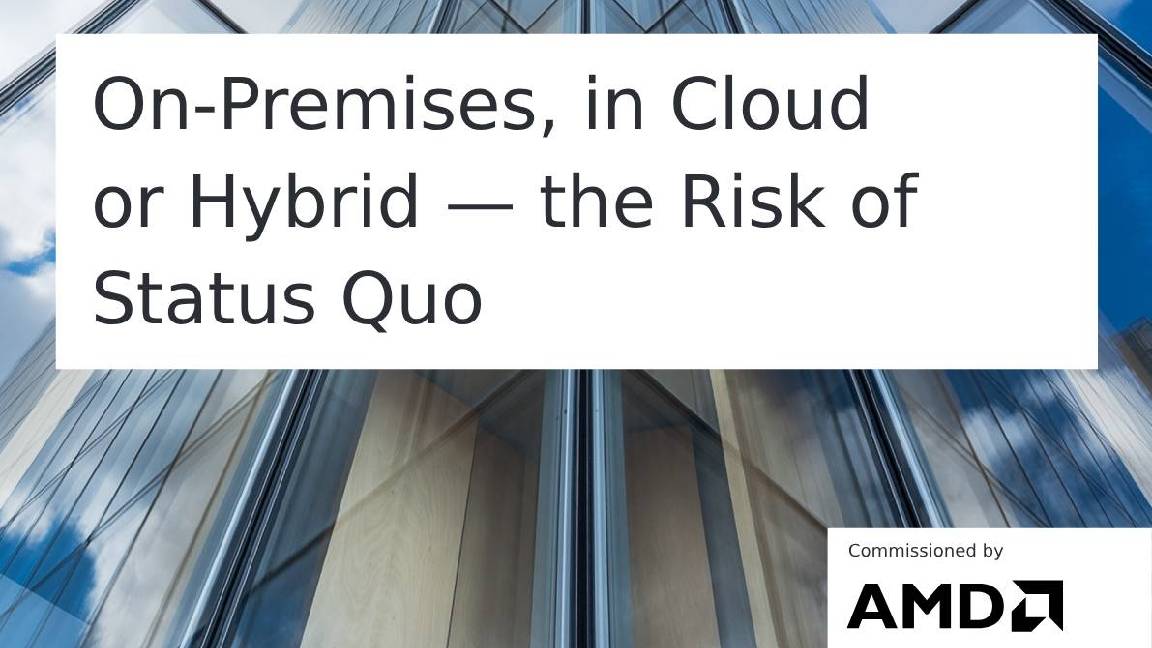Demand for European data centers is skyrocketing, and providers can’t keep up
Data centers across Europe are contending with surging demands, according to new research, and many providers are struggling to keep pace


European data centers failed to keep pace with skyrocketing demand for services over the last year, new research shows, despite the building boom fueled by the industry’s largest customers.
Analysis from CBRE found there was 601MW of take-up across the 14 largest markets in Europe in 2023. Unfortunately, though, just 561MW of new supply was delivered during the same period.
This marks the second time in the space of five years that data center demand has exceeded supply in Europe, CBRE noted, raising concerns about a potential future bottleneck for organizations across the region.
"Hyperscalers have sought increasingly larger facilities that are tailored to their needs for some time," said Kevin Restivo, CBRE's head of European data center research.
"As such, the average size of new wholesale facilities in Europe has grown dramatically over the past two years and will only accelerate. However, there are fewer deals being struck by data center providers with their largest customers."

Scotland could be the next big data center powerhouse, offering greener options, significant savings, and direct access to renewable energy“We’ve made savings of around 85%”: Embracing green energy for data centers by migrating to IcelandNTT’s data center building spree continues as firm unveils first Paris location
Both take-up and supply were higher than during the previous year. In 2022, there was 546MW of take-up, 10% higher than in the previous year, and 550MW of new supply delivered in Europe - meaning that 2023 saw only 2% more.
It was take-up in the leading markets such as Frankfurt, London, Amsterdam, Paris, and Dublin that led to the imbalance across Europe in 2023, CBRE said.
Get the ITPro daily newsletter
Sign up today and you will receive a free copy of our Future Focus 2025 report - the leading guidance on AI, cybersecurity and other IT challenges as per 700+ senior executives
In Q4 2023 alone, take-up soared to 252MW, a 41% increase when compared to the previous quarter (179MW). This, CBRE said, was largely due to pre-let capacity that was delivered in Dublin, London, and Paris.
A key factor in surging demand is the heightened enterprise focus on artificial intelligence, according to Andrew Jay, CBRE's head of data center solutions for Europe.
"Demand in Europe will only accelerate, given that artificial intelligence workloads are expected to generate higher demand for capacity, as organizations look to enhance their operations by leveraging machine learning algorithms," he said.
"For the meantime, the challenge remains the lack of available power and AI-appropriate facilities across Europe."
Data centers are buckling under generative AI demands
CBRE’s study aligns with recent research from JLL on the growing power and storage requirements for data center operators.
RELATED WHITEPAPER
JLL said it expects total data generation to double over the next five years, meaning data center capacity would need to grow from 10.1 zettabytes (ZB) in 2023 to 21ZB in 2027 for supply to keep pace with demand.
Generative AI and high performance computing (HPC) workload increases were specifically highlighted as a key stumbling block for data center providers, with enterprise demand increasing significantly over the last 12 months.
In 2018, according to the European Commission, the energy consumption of data centers in the EU was 76.8TWh, a figure it expects to rise to 98.5TWh by 2030 - a 28% increase.
Data centers accounted for 2.7% of electricity demand in 2018 and will reach 3.21% by 2030 if development continues at the current trajectory, it said.
Emma Woollacott is a freelance journalist writing for publications including the BBC, Private Eye, Forbes, Raconteur and specialist technology titles.
-
 Bigger salaries, more burnout: Is the CISO role in crisis?
Bigger salaries, more burnout: Is the CISO role in crisis?In-depth CISOs are more stressed than ever before – but why is this and what can be done?
By Kate O'Flaherty Published
-
 Cheap cyber crime kits can be bought on the dark web for less than $25
Cheap cyber crime kits can be bought on the dark web for less than $25News Research from NordVPN shows phishing kits are now widely available on the dark web and via messaging apps like Telegram, and are often selling for less than $25.
By Emma Woollacott Published
